Nestled in North Philadelphia, Luzerne Depot, once the largest precast concrete structure for trolleys in the world, faced the imminent threat of demolition in 2003. However, against the odds, this historic site found a new lease on life when Impact Recycling Partners stepped in to preserve its rich heritage. Let’s take a journey through time to explore the rise, decline, and remarkable revival of Luzerne Depot.
Constructed in 1913, Luzerne Depot emerged as a testament to early 20th-century engineering prowess. Boasting space for 355 trolleys and an additional 115 in the adjacent yard, it played a crucial role in Philadelphia’s public transportation system. Its architectural sibling, Callowhill Depot in West Philadelphia, shared similar blueprints and contributed to the city’s efficient transit network.
The 1950s marked a significant turning point for Luzerne Depot. The National City Lines’ takeover of the Philadelphia Transportation Company (PTC) and the subsequent scrapping of numerous trolleys led to a portion of Luzerne being repurposed as a diesel bus garage. Over the years, the facility gradually shifted from its original rail-centric design to accommodate an increasing number of buses.
By 1992, the last remnants of rail service were replaced with diesel buses, culminating in Luzerne Depot’s complete closure in April 1997. Despite SEPTA’s promise to revive the North Philadelphia streetcar system with new trolleys, the reality saw bus operations moved to the modern Midvale District, leaving Luzerne dormant and disconnected from its storied past.
In 2003, Luzerne Depot faced an existential crisis. Plans for its demolition loomed large, threatening to erase a vital piece of Philadelphia’s history. The SEPTA website’s announcement detailed the scope of work, including the demolition of the sprawling 40,000-square-foot Luzerne Carhouse and Transportation Building. The fate of this iconic structure hung in the balance.
Just when it seemed like Luzerne Depot’s fate was sealed, a glimmer of hope emerged. Impact Recycling Partners, recognizing the historical and architectural significance of the site, intervened to rescue it from the wrecking ball. The decision to preserve rather than demolish marked a crucial turning point, not just for Luzerne Depot but for the community that cherished its memories.
Under the stewardship of Impact Recycling Partners, Luzerne Depot underwent a transformation that celebrated its history while embracing the needs of the present. Adaptive reuse strategies were employed to breathe new life into the structure, aligning it with contemporary sustainability goals.
Luzerne Depot’s journey from the brink of demolition to a revitalized, purpose-driven existence reflects the delicate balance between preserving history and embracing progress. Impact Recycling Partners’ intervention not only saved a landmark but also contributed to the ongoing narrative of sustainable urban development. Luzerne Depot stands today as a symbol of resilience, reminding us that with thoughtful stewardship, and that reuse is our foundation.


